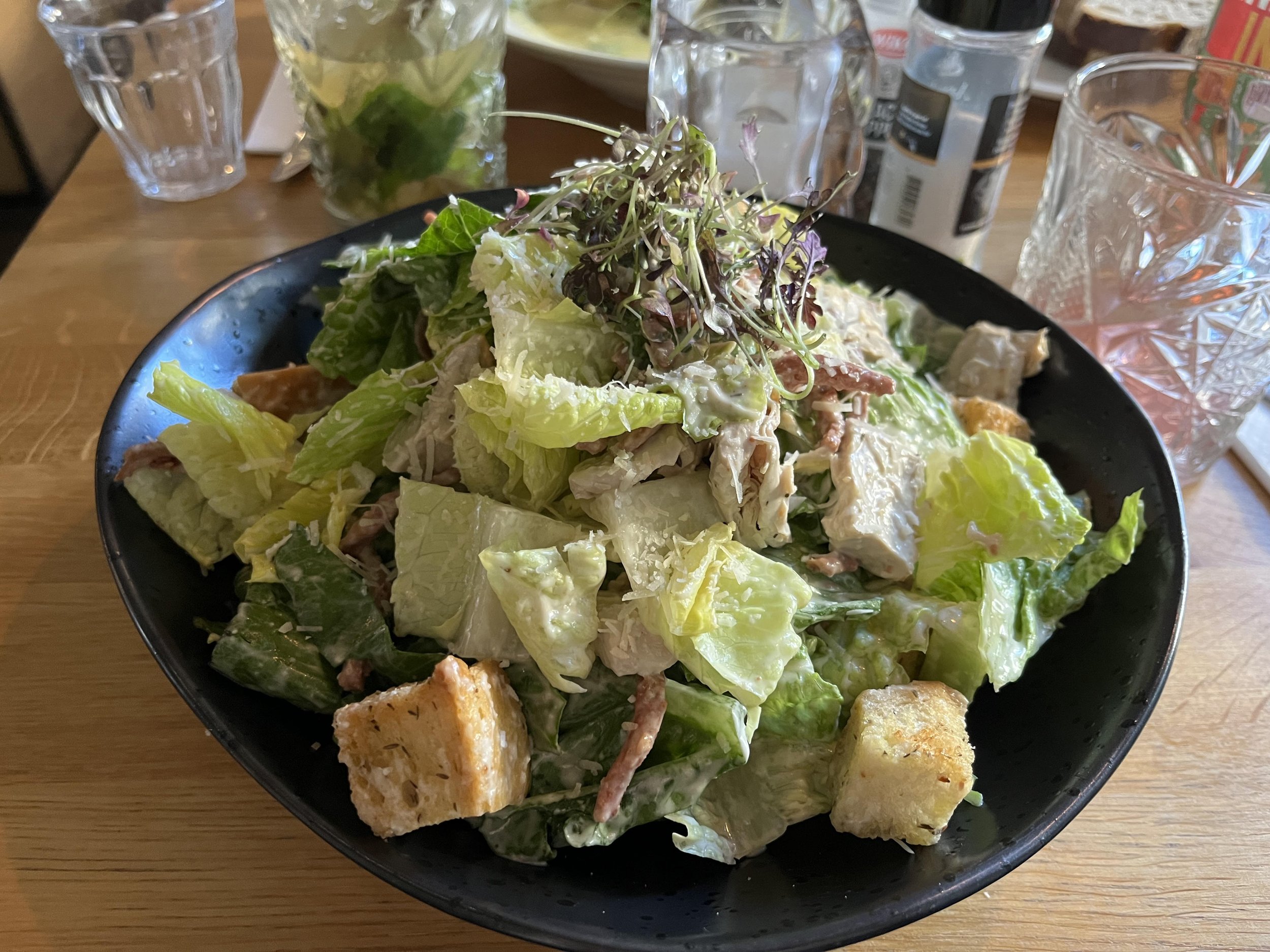Veganism As The Standard. Opting-Out Rather Than Opting-In To Veganism
The legal end goal of veganism is to make illegal the practices which unnecessarily harm, exploit and kill sentient, non-human animals in all industries including in food, clothing and entertainment. Until this objective is reached (and it will be reached), vegans must use all tools at their disposal to reduce the harm caused to sentient beings. As a movement grounded in ethically convictions, vegans may wish to use logic and reason to attempt to convince others to become vegan. Yet, as a political movement, vegans should be willing to reduce the harm caused to sentient beings through ethically apathetic beliefs and actions.
One such action which is needed before the complete ban on the consumption of animal products is reversing the standard for what is considered the default standard of products. Whilst the following arguments focus on animals exploited in the animal agriculture industry, where the vast majority of harm caused to non-human animals is caused, the same arguments are also applicable across other industries.
Currently, if you go to a restaurant, a workplace buffet or a friend’s home and are served food the standard option will almost always be non-vegan. Where vegan alternatives are available, this is almost always an ‘opt-in’ system where foods are often reduced to a single option of salad, chips or something else equally uninspiring. By switching the standard option to vegan meals, the standard becomes more inclusive whilst having no effect on non-vegans. Nowadays, this doesn’t even require changing the recipe - just substituting non-vegan ingredients with their vegan counterpart. Vegan alternatives such as meats, milk, eggs, creams, butter, ice creams, honey and anything else you can think of exist and are easy to source. Where a replacement isn’t possible, slight modifications to include lentils, beans, pulses, grains and vegetables are possible.
This is beneficial for a number of reasons. Not only is this more inclusive, but this system would likely result in decreased costs for establishments as plant-based foods are usually cheaper than non-vegan alternatives. Furthermore, consuming a greater proportion of plant-based foods results in a healthier society and therefore fewer indirect costs for all. Most plant-based foods also have a significantly reduced environmental impact when compared to animal-based foods due to energy and resource waste as one consumes ‘foods’ higher up the trophic level. Where it is not yet viable to remove all animal products from an offering due to political reasons, animal-based options can be offered as ‘the opt-in choice’.
Unfortunately, by having animal-based options sentient beings will still be harmed on an industrial scale. However, by forcing individuals to opt-out of veganism rather than opting in, many will consume vegan options due to convenience. Within a society which rarely thinks about food ethics, convenience is a powerful tool which vegans can use to minimise the suffering of non-human animals. Furthermore, all organisations require a base level of support from individuals (e.g schools from their students and parents, government offices and businesses from their staff and users), the ability to still opt out of veganism will quell much of the protest from those incorrectly opposed to these changes, thereby allowing for greater implementation of this new system. This system would resemble the organ donation scheme in the UK which now assumes that one will donate their organs when they die, unless otherwise requested.
Veganism as the standard will also expose many people to new plant-based meals which they otherwise would not have tried. There is a regrettable belief held by a minority of society that all vegan foods are tasteless and they refuse to even try foods labelled vegan. By encouraging individuals to consume vegan foods by default, they will become less averse to the idea of veganism and will break down their self-created mental barriers to accepting a more ethical way of living.








This is something which can and should be implemented immediately in the public and workplace spheres. Whilst this is most impactful in societies which provide free school meals to students and workplaces which offer meals to staff, this will encourage the reconsideration of consumption patterns across large groups of individuals, later spreading into other spheres. This has also begun to spread into business and private spheres where vegan food is standard on many menus and where guests are all given vegan options when a vegan attends a gathering of friends or family.
This relatively minor change will eventually help to lead to wider adoption of veganism and will eventually allow for the removal of the option to opt-out of veganism at all. The adoption of this system is important within itself much more so than why it is adopted. Whether implemented to due belief in animal liberation, health benefits, the environment, cost saving or inclusivity, the implementation of veganism as standard with the option to (temporarily) opt-out of it rather than the requirement to opt-in to veganism should be considered a win for the animals which are spared by every vegan meal consumed instead of meals made from their bodies and as a result of their exploitation.
